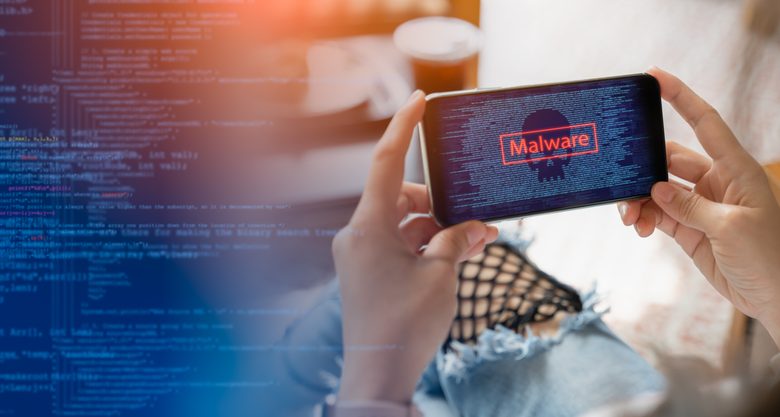
Table of Contents
What is Ransomware?
Ransomware is a catch-all term for malware that holds PC users’ files hostage unless they pay the ransom. It encrypts and locks your computer's files, displays an image of a person holding up a sign indicating they will release the data for free if payment is made within a given time. Victims are often asked to pay with Bitcoin or gift cards, and the perpetrator may even ask for personal information such as bank account numbers or credit card numbers.
Once payment has been made, victims of ransomware are usually told they must wait until certain conditions have been met (such as those conditions being met by other people that purchased the ransom key) before they can retrieve their data—or face additional fees if those conditions aren't met within a certain time frame. In some cases, the condition of the ransom payment must be met before even accessing a decryption key.
How Does Ransomware Spread?
Ransomware spreads via phishing emails, drive-by downloads, and other tactics. Often ransomware will pop up as a fake software updater or even an email from a known contact asking you to verify your credentials. If you are receiving these emails, do not download anything unless it is coming from a trusted source.
How Does Beijingcrypt Ransomware Work?
Beijingcrypt Ransomware is ransomware that uses a powerful encryption algorithm to lock the data on the infected computer. Beijingcrypt then displays a ransom note that contains instructions for victims to pay the ransom to decrypt their files. Victims are asked to pay with Bitcoin or other cryptocurrencies and usually must wait until conditions have been met before they can retrieve their data.
How to Remove Beijingcrypt Ransomware
Two ways to remove Beijingcrypt ransomware are by either recovering the encrypted files using a backup or restoring from a disk image and removing it through antivirus software. One may also choose to remove it manually from their computer, although this process can be complicated and time-consuming. It is recommended that you stop all ransomware processes and close all running programs before proceeding.
How to Protect My Computer From Ransomware
The best way to protect your device from ransomware is to install software updates, keep your operating system and browser up-to-date, and keep your operating system free of malware. When using a public computer or accessing an unsecured network, be wary of any files that appear executable and/or new downloads. You can also use a password manager to create strong passwords that are difficult for hackers to crack.





Leave a Reply
Thank you for your response.
Please verify that you are not a robot.